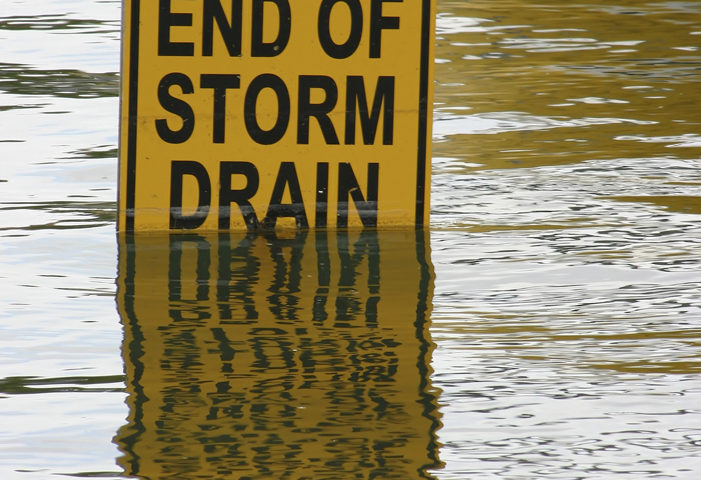 Many people assume that when something major occurs that they can count on their local fire and police departments and other emergency personnel to rescue them but it’s not always possible. Emergency crews perform a triage of sorts during disasters and respond to events based on that gathered information. Triage is a term we hear most frequently in television or movies when doctors or other emergency personnel make decisions about caring for a person based on the severity of their situation. This method of prioritizing care allows for the most efficient use of insufficient resources. This same method is used during major disasters. That’s why Emergency Preparedness personnel recommend that everyone prepare themselves for emergencies rather than counting on outside help. Preparing makes good fiscal sense for everyone. According to economists every dollar spent on preparing for a disaster saves seven dollars in response.
Many people assume that when something major occurs that they can count on their local fire and police departments and other emergency personnel to rescue them but it’s not always possible. Emergency crews perform a triage of sorts during disasters and respond to events based on that gathered information. Triage is a term we hear most frequently in television or movies when doctors or other emergency personnel make decisions about caring for a person based on the severity of their situation. This method of prioritizing care allows for the most efficient use of insufficient resources. This same method is used during major disasters. That’s why Emergency Preparedness personnel recommend that everyone prepare themselves for emergencies rather than counting on outside help. Preparing makes good fiscal sense for everyone. According to economists every dollar spent on preparing for a disaster saves seven dollars in response.
The Washington State Department of Emergency Management has broken down the steps to being your own disaster preparedness resource into one-hour activities you can do each month. In the next 12 months, we’ll cover each of those 12 steps.
During the month of January, consider what your immediate response will be to the natural and most likely types of disasters for your area. According to the office of Emergency Management, what you do in the first hour after a major disaster can reduce the severity of injuries and save lives and property. They provide a checklist of things to do in the event of earthquakes, tsunami, volcanoes and chemical release but most of these tips will also work for winter storms and floods (the disasters that strike most frequently in Washington).
If you’ve been in the Northwest for any time, you’ve experienced an earthquake. Generally speaking our earthquakes have been relatively minor but we know historically we are overdue for a major event. Should one occur:
• Check on your loved ones.
• Dress to protect your head, hands and feet from broken glass and objects that might continue to fall after the event.
• Shut of natural or propane gas if necessary.
• Shut off your water at the house master shut-off valve.
• Post an OK/Help card in your front window or door.
• Place fire extinguishers where they are available in case of fire.
Until the recent Tsunamis in Asia, most people were unaware of their danger. They move very fast.
• If you are at home, make everyone in your family aware of it and evacuate immediately.
• If you are at the beach or near the ocean, move immediately to higher ground if you feel the earth shake.
East Pierce County is at high risk for a Lahar or eruption. During one of these events.
• Grab your 72-hour kit
• Evacuate immediately
• Listen to the radio.
Check Emergency Preparedness or call 1-800-562-6108 for more information about preparing for emergencies.
